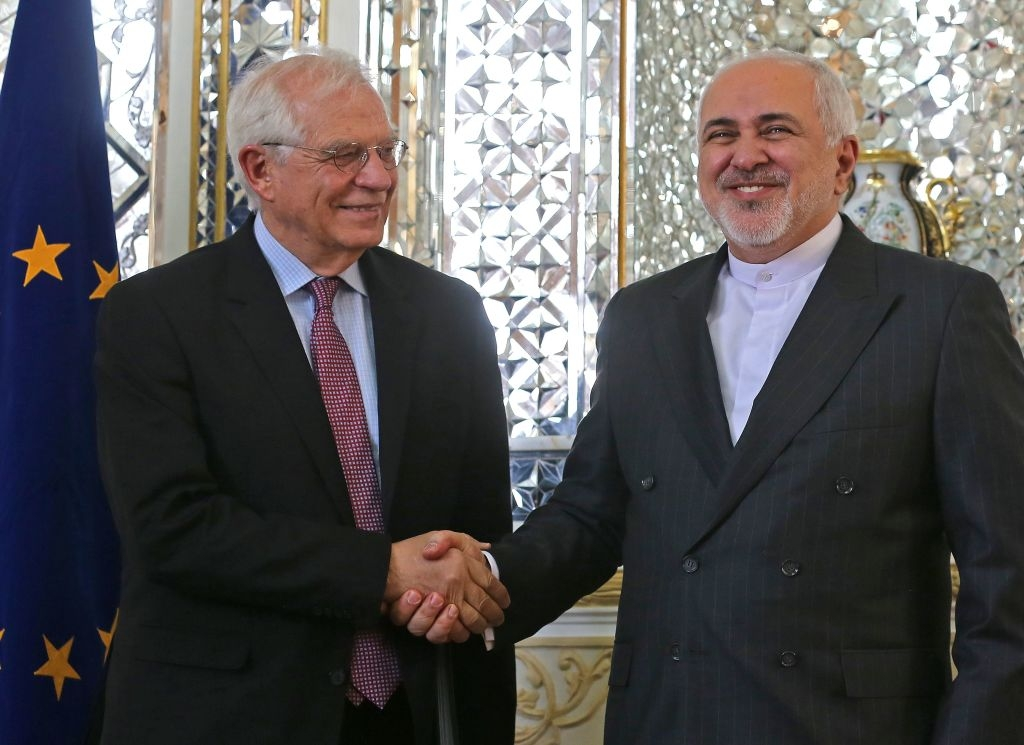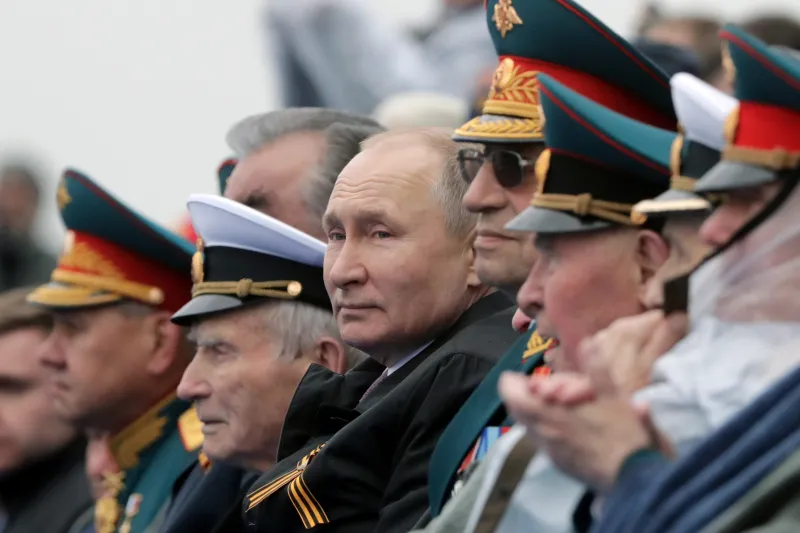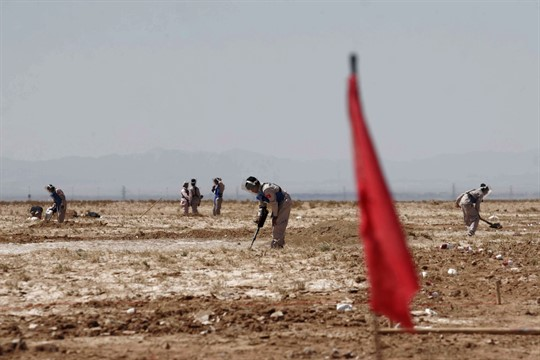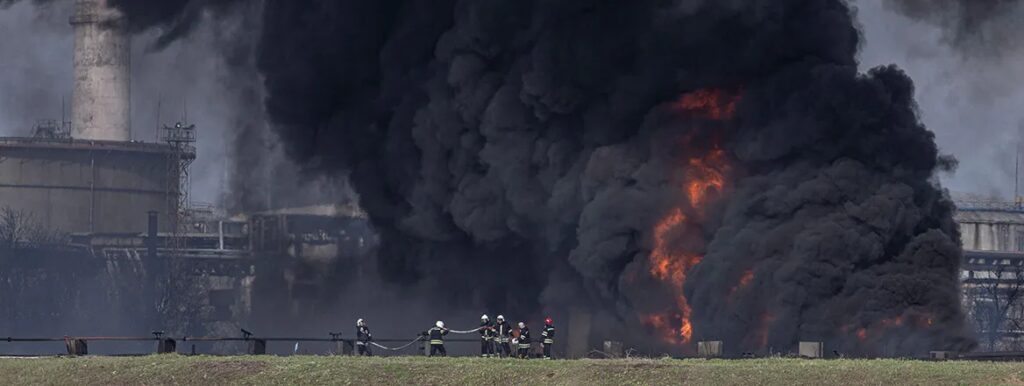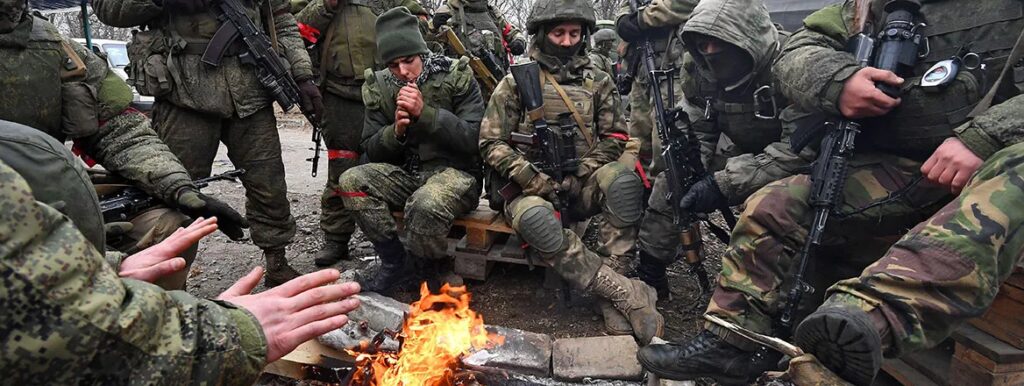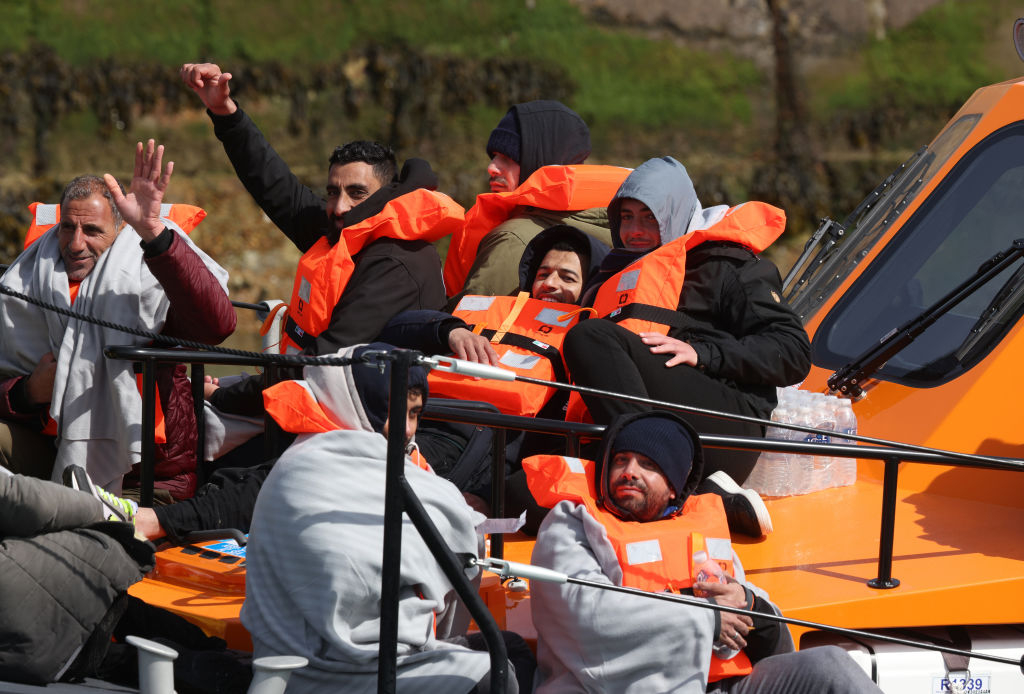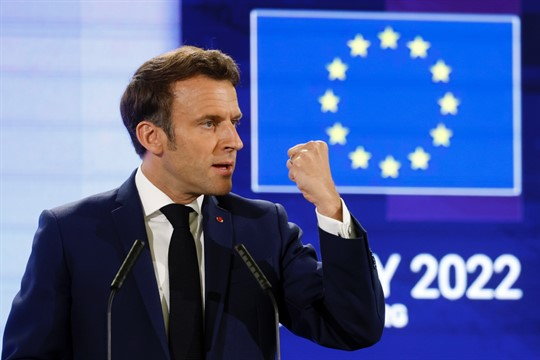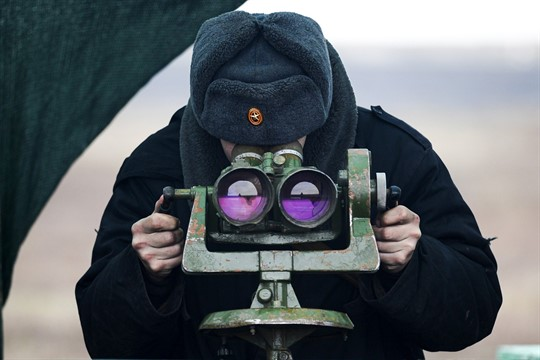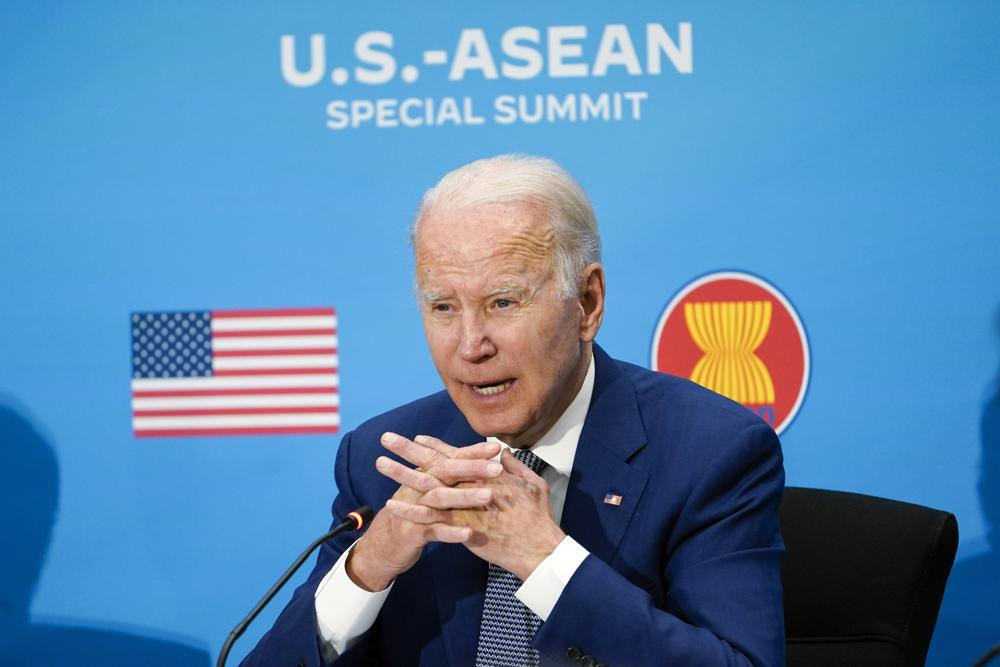Kaliningrad Could Be the Next Flashpoint in the EU’s Standoff With Russia
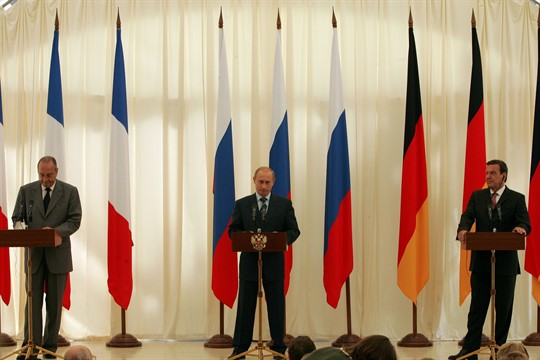
On a warm summer evening in July 2005, Russian President Vladimir Putin, together with the German chancellor and French president at the time, Gerhard Schroder and Jacques Chirac, looked on as a lavish fireworks display entertained a vast crowd in the Baltic city of Kaliningrad. In commemoration of the 750-year anniversary of the founding of what had once been the Prussian city of Konigsberg, the Russian government that had inherited Kaliningrad after its conquest by the Soviet Union during World War II had put on elaborate festivities to celebrate its complex history.

